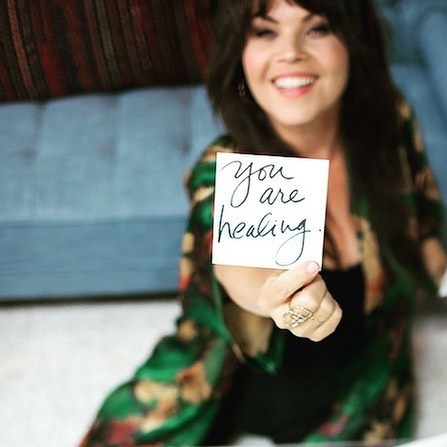Yesterday’s article, “Sorry? Only Say It If You Mean It,” elicited some good thinking and rambling. Like this from White Hot reader, “S”, who said:
“… A sister has stopped speaking to me ‘unless I apologize.’ I could say I’m sorry just to have her back in my life and to soothe things over, but it would be a sell-out. It has been her pattern to “create” victimhood in her life, giving her a reason to always be angry. I am breaking my lifelong habit of enabling her.”
“I demand an apology!”
If you have to demand it, is it really worth receiving?
As I said to S., forced apologies are kind of like nice plastic. Shiny, maybe even useful, but ultimately, just trash.
For a long time, I wanted an official kind of apology from my husband for some jerk-like tendencies he was trying out on me. It was pretty typical Mars/Venus stuff. I wanted a demonstration of groveling to make things all right and copacetic. Which, of course, made me the total jerk.
A friend said to me, “Is it really necessary that he says he’s sorry?” Hmmm… I had to think about that one. If my priority was groovy-hot-happy-love, then, well, I suppose lording the “you must apologize” flag over his head wasn’t going to get me what I really wanted. We were making strides, even without the fanfare of a big I’m sorry. I let it go. It was a big shifter for us.
HOW TO APOLOGIZE:
-
Say it with your body:
Arms uncrossed, looking someone in the eyes, leaning toward them. You are not there to protect yourself or get something in return. This is not about you. You are there to give… to give comfort, assurance, and some salve for the wound you may have inflicted. An apology is an offering.
-
Take full responsibility:
Explain yourself very briefly, without being defensive or without taking up too much space: “I was under a lot of pressure and it screwed up my better judgment. Still, it’s no excuse.”
-
Express your remorse:
It’s simple, “I feel awful.” “I didn’t sleep last night.”
-
Empathize:
“I can only assume that you were hurt or confused. It must suck.”
-
Invite their response.
This is where many apologies can go south, when the hurt person says, “Yah, you totally screwed up, you’re a goof, and your mother dresses you funny.” Naturally, you may want to sling it back or retract even your best laid mea culpa. But just take a deep breath. You may have to endure a few pot shots and some venting–that is part of reconciliation.
-
Commit to preventing it in the future.
“From now on, I’ll include you in my decision making, I don’t want to have this happen again.”
-
Expect nothing in return.
Apologizing and asking for forgiveness are two separate things. Apologizing is like leaving a gift on the doorstep and hoping it’s appreciated. Expecting to be forgiven is like asking someone to say thank you for the gift.
True apologies are freely given with no expectations of a return.
With Love,















Recent Comments